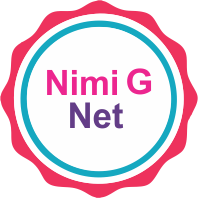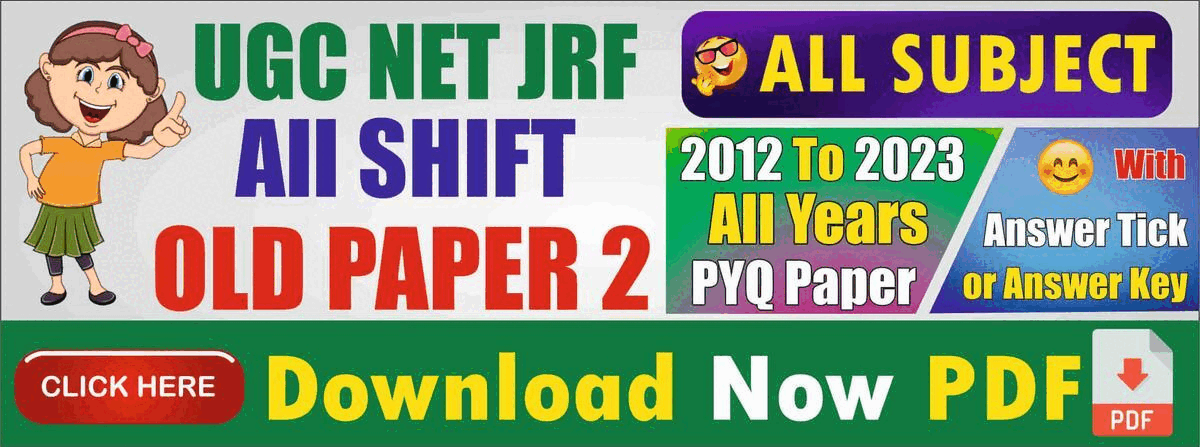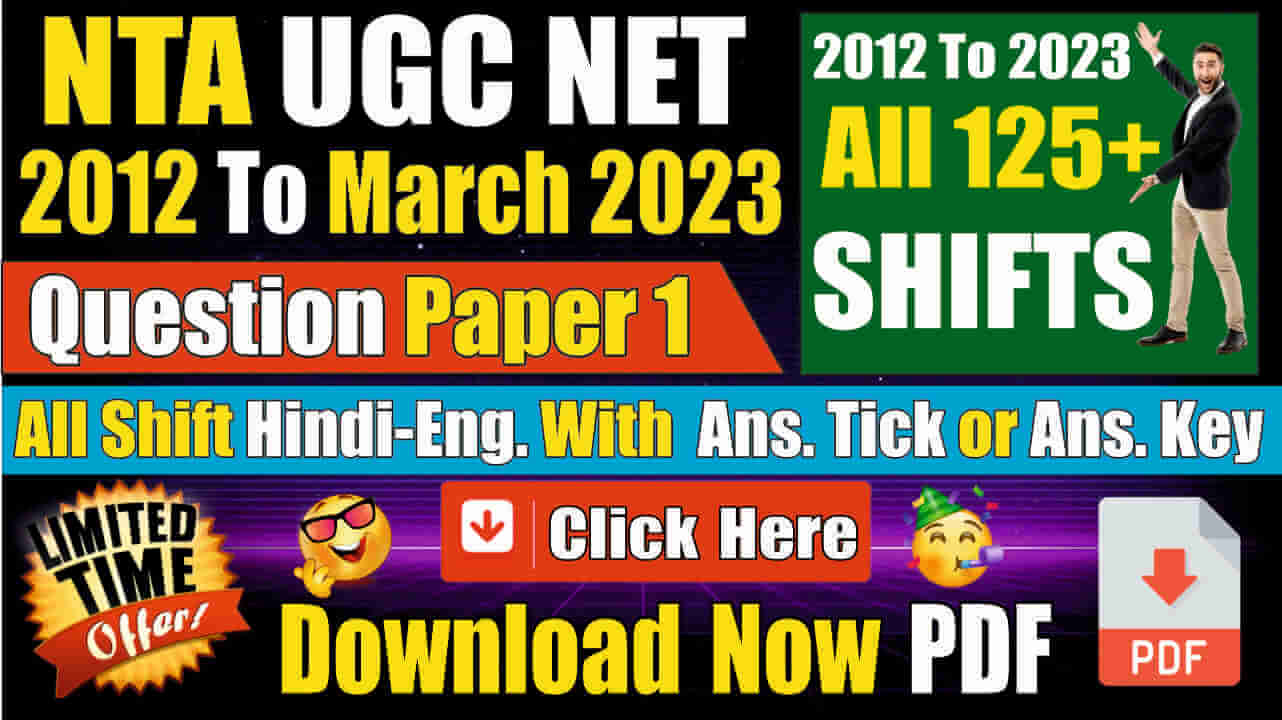Are you searching for the UGC NET Economics Syllabus 2023 PDF Download? Look no further, as we have compiled all the important details and tips to help you prepare for the exam.
The UGC NET Economics exam is conducted by the National Testing Agency (NTA) for candidates who wish to pursue a career in the field of Economics. The exam assesses the candidates’ knowledge in the subject and tests their eligibility for lectureship and research fellowships.
If you are planning to appear for the UGC NET Economics 2023 exam, it is important to have a thorough understanding of the syllabus and exam pattern. In this article, we have compiled all the important information you need to know about the UGC NET Economics Syllabus 2023 PDF Download
UGC NET Economics Exam Pattern 2023:
The UGC NET Economics exam consists of two papers – Paper 1 and Paper 2. Both papers are conducted on the same day, and the duration of each paper is 3 hours. The exam is conducted online, and each question carries 2 marks. There is no negative marking for incorrect answers.
The UGC NET Economics Exam consists of two papers: Paper 1 and Paper 2.
Paper 1:
- Duration: 3 hours
- Number of questions: 50
- Total marks: 100
- Type of questions: Multiple Choice Questions (MCQs) based on general aptitude, teaching and research aptitude, and current affairs.
Paper 2:
- Duration: 3 hours
- Number of questions: 100
- Total marks: 200
- Type of questions: MCQs based on Economics subjects.
Both papers are conducted in a single session with no break in between. The candidates are required to appear for both papers to be considered for the selection process.
It’s important to note that there is no negative marking for incorrect answers in UGC NET Economics Exam.
UGC NET Economics Syllabus 2023: Download PDF
The UGC NET Economics syllabus is divided into two parts – Paper 1 and Paper 2. Here’s a detailed syllabus for both papers.
Paper 1 Syllabus:
Teaching Aptitude:
- Teaching: Nature, objectives, characteristics, and basic requirements.
- Learner’s characteristics: Characteristics of adolescent and adult learners, and individual differences.
- Methods of teaching: Teacher-centered vs. learner-centered methods; Off-line vs. online methods.
- Evaluation systems: Elements and types of evaluation, evaluation in higher education, and grading system.
Research Aptitude:
- Research: Meaning, types, and characteristics.
- Steps of research.
- Methods of research.
- Research Ethics.
Reading Comprehension:
- Comprehension passages.
Communication:
- Communication: Nature, characteristics, types, barriers, and effective communication.
- Verbal and non-verbal communication.
- Classroom communication.
Logical Reasoning:
- Understanding the structure of arguments.
- Evaluating and distinguishing deductive and inductive reasoning.
- Verbal analogies.
Data Interpretation:
- Sources, acquisition, and interpretation of data.
- Quantitative and qualitative data.
- Graphical representation and mapping of data.
Paper 2 Syllabus:
Nta Ugc Net Economics Syllabus 2023 in English
Here you can check the latest UGC NET Syllabus For Economics Paper II 2021 for English Medium.
Unit-1: Micro Economics |
|
Unit-2: Macro Economics |
|
Unit- 3: Statistics and Econometrics |
|
Unit-4: Mathematical Economics |
|
Unit-5: International Economics |
|
Unit-6: Public Economics |
|
Unit-7: Money and Banking |
|
Unit-8: Growth and Development Economics |
|
Unit-9: Environmental Economics and Demography |
|
Unit-10: Indian Economy |
|
Paper 2 Syllabus Download Pdf:
Ugc Net Economics Syllabus 2023 in English
Ugc Net Economics Syllabus 2023 in Hindi
Preparation Tips for UGC NET Economics Exam 2023:
Here are some tips for preparing for the UGC NET Economics exam 2023:
- Understand the syllabus and exam pattern thoroughly.
- Make a study plan
- Refer to standard textbooks and study materials recommended for the exam.
- Practice previous year question papers and mock tests.
- Focus on time management and accuracy while attempting the questions.
- Take regular breaks and maintain a healthy lifestyle to avoid burnout.
- Join coaching classes or online courses if necessary.
- Stay updated with current affairs related to the Economics field.
Important Points:
- The UGC NET Economics exam is conducted by NTA for candidates who wish to pursue a career in Economics.
- The exam assesses the candidates’ knowledge in the subject and tests their eligibility for lectureship and research fellowships.
- The exam pattern of UGC NET Economics 2023 includes multiple-choice questions and is conducted in online mode.
- The marking scheme of the exam is +2 for a correct answer and no negative marking for incorrect answers.
- The duration of the exam is 3 hours, and the number of questions is 150.
- The UGC NET Economics Syllabus 2023 PDF Download is an important document that provides a detailed outline of the topics that will be covered in the exam.
- To download the syllabus, candidates can visit the official website of NTA and click on the link provided.
- The syllabus is available in PDF format and can be downloaded for free.
- The syllabus is divided into nine units, each covering a specific topic related to Economics.
- To prepare for the exam, candidates must understand the syllabus, make a study plan, practice previous year question papers, join a coaching institute, take mock tests, and revise regularly.
FAQs:
- Is there any negative marking in the UGC NET Economics exam 2023? Ans: No, there is no negative marking for incorrect answers.
- Can I download the UGC NET Economics Syllabus 2023 PDF from the official website? Ans: Yes, the syllabus is available for download on the official website of NTA.
- What is the duration of the UGC NET Economics exam 2023? Ans: The duration of each paper is 3 hours.
Also Check:
Conclusion:
In conclusion, the UGC NET Economics exam 2023 is a crucial opportunity for aspirants who want to pursue a career in the teaching or research field. To crack the exam, it’s essential to have a clear understanding of the syllabus, exam pattern, and prepare accordingly. With a comprehensive understanding of the UGC NET Economics Syllabus 2023 PDF download and proper preparation, you can clear the exam with flying colors.






1 thought on “[New] UGC NET Economics Syllabus 2023 PDF Download”